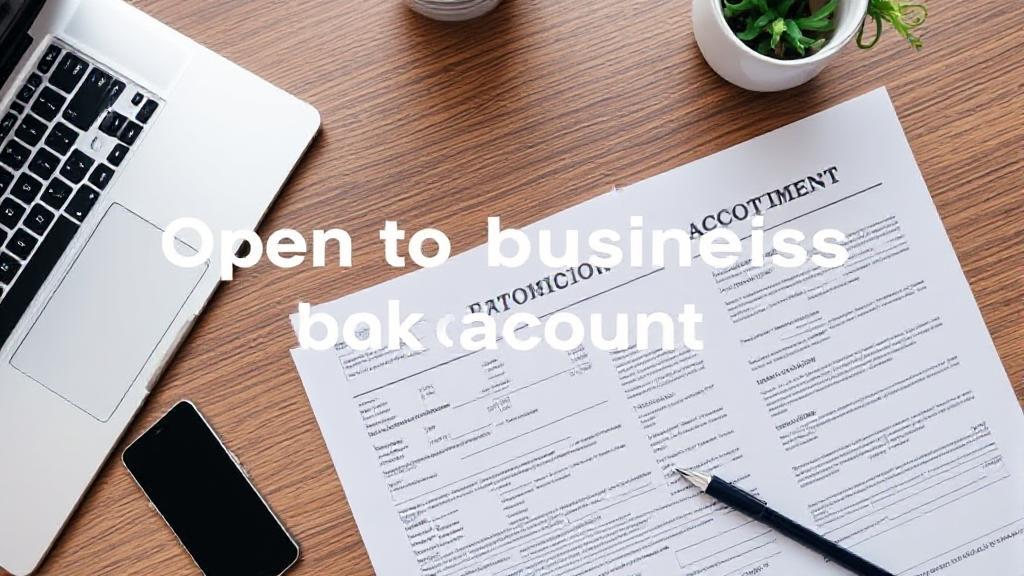Introduction
Opening a business bank account is a crucial step for any entrepreneur looking to establish a professional and organized financial system for their business. A dedicated account helps in managing finances more efficiently, provides credibility, and is essential for separating personal and business finances.
Why You Need a Business Bank Account
Before diving into the requirements, understand these key benefits:
- Separation of Personal and Business Finances: Maintains clear financial records and simplifies tax filing
- Professionalism: Clients and vendors prefer dealing with business accounts
- Access to Business Loans and Credit: Often required for business financing
- Enhanced Financial Management: Access to specialized business tools and services
Basic Documentation Requirements
Business Formation Documents
- Articles of Incorporation (for corporations)
- Partnership agreement (for partnerships)
- LLC operating agreement (for LLCs)
- Business registration certificate from your state
Identification and Tax Documents
- Employer Identification Number (EIN): Apply through the IRS website
- Social Security Number (SSN): For sole proprietors
- Government-issued photo ID: Such as driver's license or passport
- Business license (if required for your industry)
Financial Requirements
Most banks require:
- Minimum opening deposit (typically $25-$1,000)
- Minimum balance requirements
- Monthly maintenance fees (often waivable)
Types of Accounts
Consider these common options:
- Checking Accounts: For everyday transactions
- Savings Accounts: To set aside funds and earn interest
- Merchant Services Accounts: For processing credit card payments
- Money Market Accounts: Competitive interest rates with limited check-writing
Industry-Specific Considerations
High-Risk Industries
Additional scrutiny may apply to:
- Cannabis-related businesses
- Money services businesses
- Online gambling
- Cryptocurrency services
Non-Profit Organizations
Additional requirements include:
- 501(c)(3) determination letter
- Board of directors' resolution
- Mission statement
Required Business Information
Choosing the Right Bank
Consider these factors:
Traditional Banks
"Traditional banks often provide comprehensive services but may have stricter requirements and higher fees."
- More physical locations
- Full-service banking options
- Personal banker assistance
- Merchant services integration
Online Banks
- Lower fees
- Higher interest rates
- Digital-first experience
- Limited physical presence
Tips for Success
- Call ahead to schedule an appointment
- Bring original documents (not copies)
- Have multiple forms of identification
- Prepare for questions about your business model
- Review fee structures carefully
Additional Resources
For more information, visit:
Remember that specific requirements may vary by bank, state, business structure, and industry type. Contact your chosen bank directly for their specific requirements before gathering documentation.
